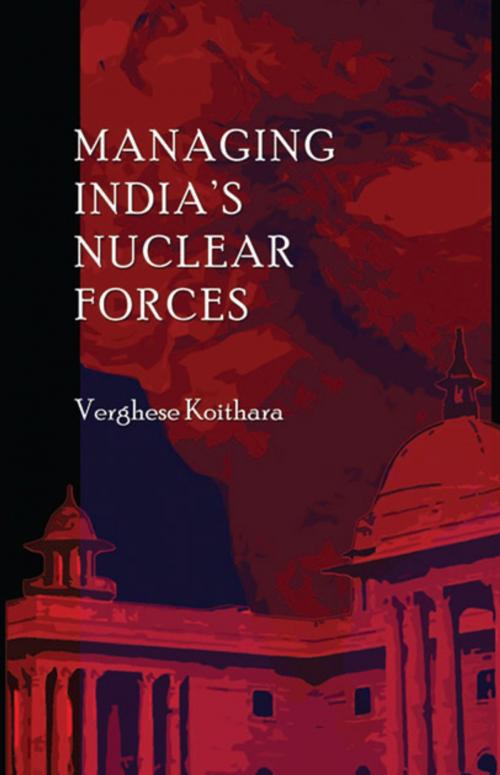Managing India's Nuclear Forces
Nonfiction, Social & Cultural Studies, Political Science, Politics, Arms Control, International, International Security, International Relations| Author: | Verghese Koithara | ISBN: | 9780815722670 |
| Publisher: | Brookings Institution Press | Publication: | April 16, 2012 |
| Imprint: | Brookings Institution Press | Language: | English |
| Author: | Verghese Koithara |
| ISBN: | 9780815722670 |
| Publisher: | Brookings Institution Press |
| Publication: | April 16, 2012 |
| Imprint: | Brookings Institution Press |
| Language: | English |
India is now enmeshed in the deterrence game-actively with its traditional adversary Pakistan, and potentially with China. At the same time it is finding easier access to fissile materials and strategic technologies. In order to deal with these developments safely and wisely, the nation needs a much more sophisticated and multidisciplinary understanding of the strategic, technological, operational, and cost issues involved in nuclear matters.
In this important book, Indian strategic analyst Verghese Koithara explains and evaluates India's nuclear force management, encouraging a broad public conversation that may act as a catalyst for positive change before the subcontinent experiences unthinkable carnage.
The defense management system of a nuclear power absolutely needs to be sound and thorough. In addition to the considerable demands of managing its nuclear forces, it also must control conventional forces in a manner that forestalls nuclear escalation of a conflict by either side. Expanding and upgrading nuclear forces without enhancing deterrence is dangerous and should be avoided. India's nuclear force management system is grafted onto a woefully inadequate overall system of defense management.
Koithara dissects all of these issues and suggests a way forward, drawing on recent developments in deterrence theory around the world.
India is now enmeshed in the deterrence game-actively with its traditional adversary Pakistan, and potentially with China. At the same time it is finding easier access to fissile materials and strategic technologies. In order to deal with these developments safely and wisely, the nation needs a much more sophisticated and multidisciplinary understanding of the strategic, technological, operational, and cost issues involved in nuclear matters.
In this important book, Indian strategic analyst Verghese Koithara explains and evaluates India's nuclear force management, encouraging a broad public conversation that may act as a catalyst for positive change before the subcontinent experiences unthinkable carnage.
The defense management system of a nuclear power absolutely needs to be sound and thorough. In addition to the considerable demands of managing its nuclear forces, it also must control conventional forces in a manner that forestalls nuclear escalation of a conflict by either side. Expanding and upgrading nuclear forces without enhancing deterrence is dangerous and should be avoided. India's nuclear force management system is grafted onto a woefully inadequate overall system of defense management.
Koithara dissects all of these issues and suggests a way forward, drawing on recent developments in deterrence theory around the world.















